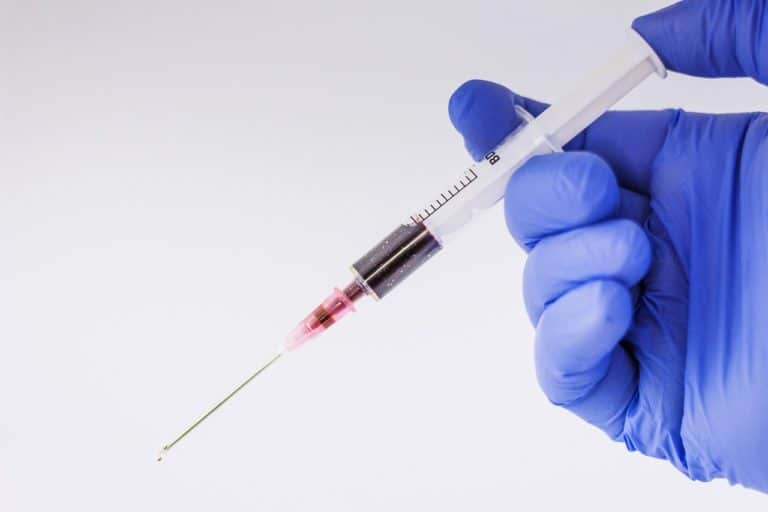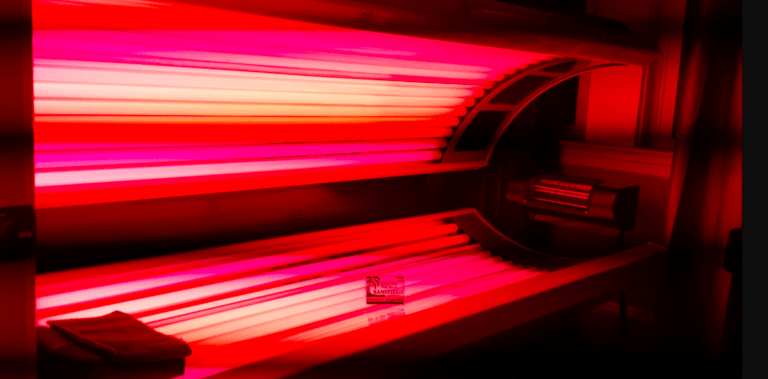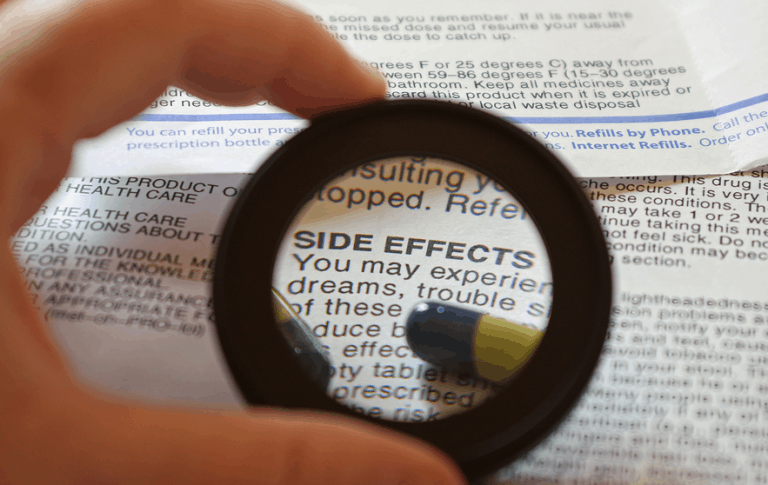If you listen to the media, you might think it easy to believe the only way to boost your testosterone and energy levels is by springing for testosterone replacement therapy however there are free natural testosterone boosters available to all of us every day.
These natural testosterone boosters can be incorporated into your lifestyle and provide you with additional health benefits overall, ranging from better heart health to more vitality, improved mood, sharper cognition, more self-esteem, and more. These are fundamental lifestyle changes you need to make before turning to drugs or other expensive options. So what are they?
1. Exercise and weight loss
Whenever people talk about weight loss, the two factors that get the most attention are diet and exercise. When we talk about boosting testosterone levels, the exercise and weight loss combination gets high billing as well, and here’s why.
Research into the relationship between obesity and low testosterone has found that:
- Obesity is a major cause of low testosterone
- Males of all ages can be affected by low testosterone associated with obesity
- Men can reverse testosterone declines by losing excess weight
A 2016 Australian study reported that obese men who lost weight on either a high-carb or high-protein calorie restricted diet experienced a significant rise in testosterone. Yet one more study noted that among pre-diabetic men older than 40 who lost weight, the incidence of low T declined by 50 percent.
You may need to work with a healthcare professional or trainer to develop an exercise routine for weight loss. Certain exercises can boost testosterone while other forms of exercise can actually decrease your energy and T levels. Focus on short, intense, interval (HIIT) and weight training which has been shown in the studies to boost T levels in men.
For example, a new study in the European Journal of Applied Physiology reported that levels of testosterone rose immediately as well as 30 minutes after athletes engaged in HIIT. Another research effort showed that men who participated in HIIT showed a significant increase in testosterone and an improvement in their testosterone-to-cortisol ratio when they completed the exercise. An Italian study found that adding resistance exercise to HIIT also resulted in an increase in testosterone.
Related:
Want Higher Testosterone? Stop Running So Much
Can Exercise Reduce a Mans Sex Drive?
2. Sunshine and vitamin D
Vitamin D is often called the sunshine vitamin because the body begins making the nutrient when the sun’s ultraviolet B rays make contact with the skin. At that point, a cholesterol in the skin called 7-dehydrocholesterol absorbs the rays and transforms the cholesterol into the pre-vitamin form of vitamin D3, called cholecalciferol. The cholecalciferol travels to the liver, where it is converted into hydroxyvitamin D, also known as 25-hydroxyvitamin D or 25(OH)D. That’s when the kidneys take over and convert 25(OH)D into dihydroxyvitamin D, aka 25(OH)2D, a form of vitamin D the body can utilize.
Most people have low or deficient levels of vitamin D because they don’t get enough healthy exposure to the sun and/or they are not ingesting enough vitamin D from food and vitamin D supplements. One consequence of insufficient vitamin D intake is low testosterone.
A recent study has shown a significant increase in total, bioactive, and free testosterone levels among healthy men who were taking vitamin D supplements (3,332 IU daily for one year) when compared with no increase among men not taking the supplement.
How much vitamin D should you take? First have your vitamin D levels checked with a simple blood test. Depending on the extent of any deficiency, you may need to take as much as 50,000 International Units of vitamin D, although many men can manage a deficiency with about 5,000 IU daily. Your healthcare provider will guide you on the right dosage for you.
3. Get more sleep
The link between sleep and testosterone levels is often overlooked, yet it is an essential relationship to recognize. Getting adequate sleep on a regular basis is critical for the natural production of testosterone. A study appearing in the Journal of the American Medical Association found that among healthy men, those who slept less than five hours per night for one week had lower levels of testosterone (by 10 to 15%) than when they got sufficient sleep.
The authors of the study point out that low testosterone is also associated with fatigue, decreased strength, low energy, and poor concentration, so low T isn’t the only health consequence of skipping out on enough sleep.
Related: 10 Ways To Sleep Better At Night
Testosterone does decline slightly as you age but the most recent studies have shown that testosterone decline is not a direct consequence of aging. Lifestyle and other factors play a huge part in declining testosterone levels, and many of these are within your control.
Related:
The 30-Day Natural Testosterone Boosting Program That Guarantees Results
Side Effects of Testosterone Therapy
Read more in our Low T Health Center.
References
Camacho EM et al. Age-associated changes in hypothalamic-pituitary-testicular function in middle-aged and older men are modified by weight change and lifestyle factors: longitudinal results from the European Male Ageing Study. Eur J Endocrinol 2013; 168(3):445-55.
Leproult R, Van Cauter E. Effect of 1 week of sleep restriction on testosterone levels in young healthy men. JAMA 2011 Jun 1; 305(21): 2173-74
Luconi M et al. Determinants of testosterone recovery after bariatric surgery: is it only a matter of reduction of body mass index? Fertil Steril 2013; 99(7):1872-79.
Mogri M et al. Testosterone concentrations in young pubertal and post-pubertal obese males. Clin Endocrinol (Oxf) 2013; 78(4):593-99.
Pitz S et al. Effect of vitamin D supplementation on testosterone levels in men. Hormone and Metabolic Research 2011 Mar; 43(3): 223-25







